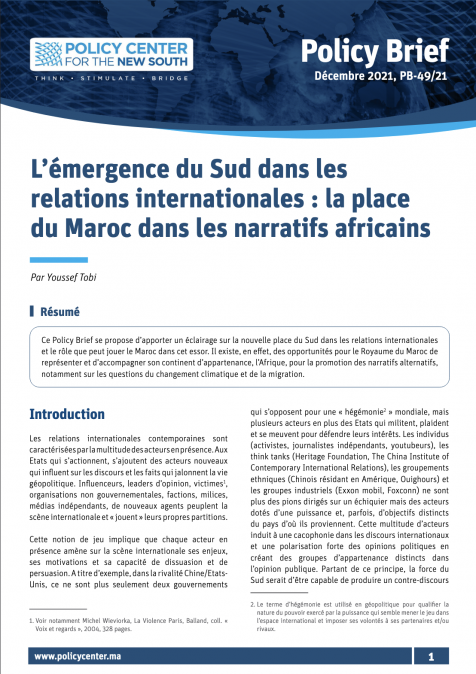Migration trends across Africa are shaped by economic pressures, climate change, and political instability. These factors drive movement both within the continent and beyond, creating significant challenges for migrants, including legal obstacles and difficulties with social integration in host countries. The effects of migration are felt in both origin and destination countries, influencing their economies and cultures. Technology and digital connectivity are also transforming migration experiences by providing essential resources and information. In this episode of Africafé, we explore the 2024 African Migration trends and discuss these pressing issues with Amal El Ouassif, Senior International Relations Specialist.










